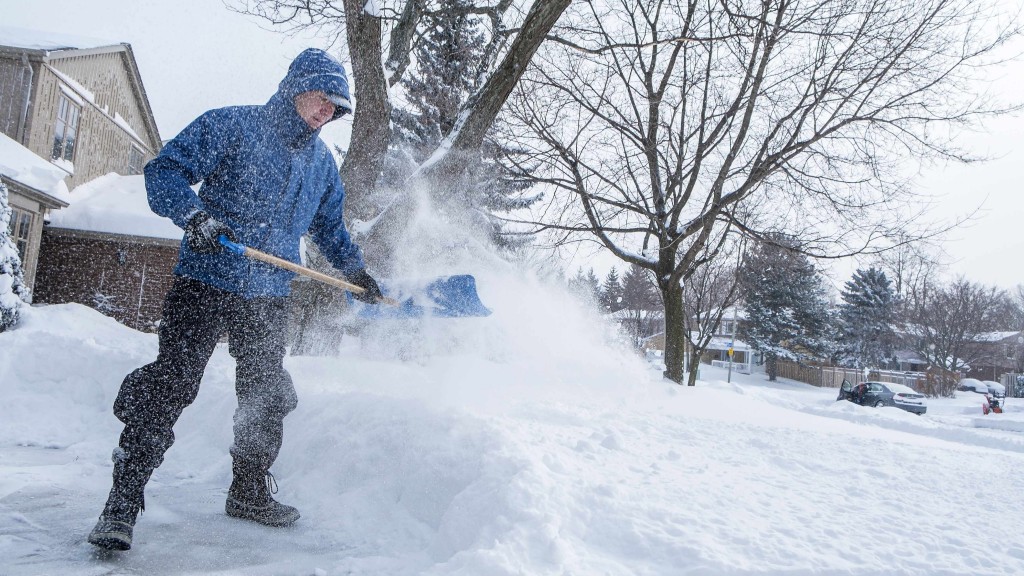-
Reminder Tips for Safe Snow Shoveling
Shoveling snow can be good exercise when performed correctly. But taking on more than your body can handle or ignoring signs that you need to take a break may prove to be harmful.
Health care providers at Mayo Clinic Health System want to ensure your safety as you clear driveways and sidewalks, so here are some tips for safe snow shoveling:
- Be heart conscious. If you have a history of heart problems and are currently inactive, it’s best to speak with your health care provider before shoveling. Additionally, don’t shovel while smoking, eating or after consuming caffeine; this may place extra stress on your heart.
- Dress Warm. Wear several layers of clothing. You can always remove a layer if needed.
- Drink plenty of water. Remaining hydrated during cold-weather months is just as important as during warm-weather months.
- Warm up your arms and legs. Stretch your arms and legs before beginning to shovel. You are less likely to injure muscles when they are warm.
- Take it slow. Pace yourself and take breaks if you need to. Safety is more important than speed.
- Protect your back. Bend at the knees, not the back. Lift with your legs bent, stand with your feet hip-width apart for balance and keep the shovel close to your body. Also, don’t pick up too much snow at once; use a small shovel or fill up a large shovel no more than half way.
- Shovel while snow is fresh. Freshly fallen snow is lighter than snow that has started melting.
- Listen to your body. This is the most important snow shoveling tip. If something feels abnormal, or if you’re tired, it’s time to stop.
If you are experiencing an emergency, call 911 immediately.
# # #
Mayo Clinic Health System consists of clinics, hospitals and other facilities that serve the health care needs of people in more than 60 communities in Georgia, Iowa, Minnesota and Wisconsin. The community-based providers, paired with the resources and expertise of Mayo Clinic, enable patients in the region to receive the highest-quality health care close to home.








